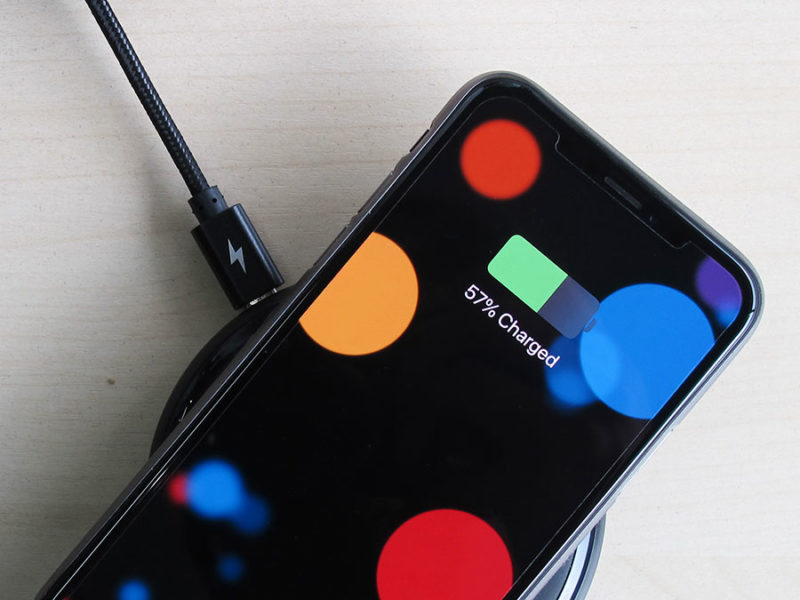Online bridge might not have the same potential hazards as other sports such as mixed martial arts, football, or any others you could mention.
That does not mean that bridge isn’t a somewhat dangerous endeavour. Bridge still has dangers, and bridge still has risks. Online bridge is no exception, either.
The average computer or smartphone can be prone to its own risks when powered on and in-use. Many of these risks can be reduced (or avoided) by players, but only once they know about them in the first place.
Do you do any of these dangerous things during online bridge? If yes, stop – and here’s why!
Not Rebooting Devices (Ever)
A device that never gets the opportunity to go through a fresh reboot is a lot like a person who never sleeps. After a while, they find it hard to function – and basic functions slow down until they might eventually just stop.
Reboot your devices often.
If you don’t, consequences will eventually show in the form of a slow, clogged or eventually malfunctioning devices.
Playing (While Plugged In To Charge)

Smartphones aren’t made to be operated while being plugged in to charge.
When they are, charging takes longer than it should (and eventually, it can start to mess with how well the battery works).
If your smartphone warms up while you’re playing bridge, it’s safer to wait for a full charge.
Yes, a smartphone battery can burn, melt, or explode.
Downloading Apps (From Other Websites)
The best places to download the official BBO App is from a reliable app store, and not from any non-official sources.
While these downloads are available (often in .apk-format), BBO can’t guarantee the stability, validity, or safety of these third-party software downloads.
Get your BBO app in the right place.
It’s safer for everyone playing online bridge.
Leaving Bridge Accounts Logged In (Forever)
While the “Always Logged In” or “Remember Password” options are convenient ones, they are recommended against by most internet security professionals.
Type your password every time. While it takes a few seconds out of the day, it keeps your accounts a lot more secure. Accounts that remain logged in are naturally just more vulnerable – and intruders or viruses will trigger those first.
If you prefer your online bridge to be safer, take the time.
Clicking Spam (You Knew You Shouldn’t)

Random links on the internet are usually bad, and it should be one of the first lessons that people are taught when they are introduced to the web.
Spam is a common culprit (and way inside) for viruses or hackers. Don’t click links or banner ads that might lead to these, and don’t trust private message links from friends that just contain a link.
Now that you know, avoid potentially dangerous spam links.
Clicking them can make your device or bridge game more vulnerable than you would like it.
Avoiding Antivirus (Like A Virus)
Viruses are not the internet’s only danger.
In the web also hides worms, trojan horses, keyloggers, and scammers who are just after your information for the highest bidder.
The average antivirus covers several risks of the internet. Common sense has you covered for the rest.
Don’t risk going out there without antivirus. It’s just not safe for your bridge game, or your online transactions.
